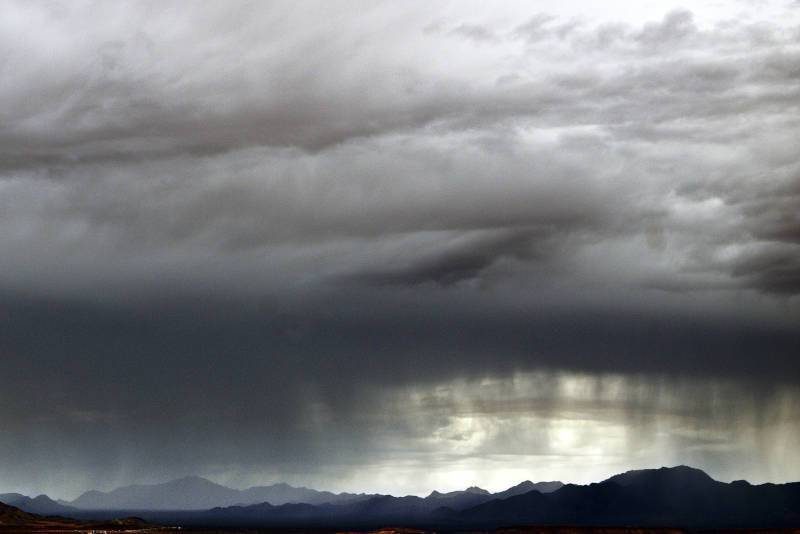The very depth of emotion, the connecting to the core of one’s being, the calling into play one’s strongest feelings and abilities, can be rich, even on deathbeds, in wars and emergencies, while what is often assumed to be the circumstance of happiness sometimes is only insulation from the depths, or so the plagues of ennui and angst among the comfortable suggest.
Rebecca Solnit, “A Paradise Built in Hell: The Extraordinary Communities That Arise in Disaster”
Rebecca Solnit examines catastrophes such as the 1906 San Francisco earthquake and Hurricane Katrina for the extraordinary experiences of community, sharing, and deep compassion. She gives expression to the hurt and suffering as well as the actions, often by those in authority, that make matters worse in the crisis. Her focus, however, is on human beings shining with the beauty of humanity in the midst of great trials.
We see this humanity played out today in the many concrete acts of compassion in the midst of the pandemic. Relationships often take on a deeper significance, not only relationships to those near and dear, but to neighbors and strangers. There is the sense that we are going through this together. Often it is very simple experiences that are deepened in their significance for our lives. Recently, on a pleasant weather day, neighbors came out of their back doors to enjoy the sun. We immediately greeted one another across two fences and entered into conversation. My neighbor two doors down shared how wonderful it was, in the midst of our “staying in place,” to find each other outside at the same moment and be able to share with one another.
We experience a deeper appreciation for neighbors and for those who deliver our mail, pick up our garbage, and work in our grocery stores. In addition to the health care workers on the front lines of combating this virus, we are recognizing other “essential workers:” bus drivers, farmworkers, food processors, first responders of all kinds, delivery people, maintenance people, home health aides. Some, like the last in this list, often receive less than a living wage. Many essential workers are undocumented. Will our recognition of the essential nature of their work bring about a societal change that ensures a living wage, health care for all, and a path to legalization for the millions of undocumented workers? Can we acknowledge that every one of us is “essential” and are to be loved?
We are given an opportunity, during this time of COVID-19, to reflect on the inequalities that are present and on the kind of society we want to have. The crisis this virus has created shines a light on the inequities. The statistics that show a much larger percentage of deaths in communities of color are a reminder of what has historically been the reality: The state of health, in these communities, is an outcome of years of inequities in the provision of health care, in the existence of food deserts, underfunded education, and diminished job opportunities. What this pandemic reveals to us about these injustices, we must not ignore. Deepened understanding is a gift, as is the call to work toward the kind of change that comes from doing justice and loving mercy. Will we receive these gifts?
There is much we can receive as we go through this time of pandemic, gifts that will change our lives. Saint Paul encourages us to make the most of the time: “Be careful then how you live, not as unwise people but as wise, making the most of the time.” There is something to receive during this time for the upbuilding and renewal of community. Therefore, we must make the most of this time, so that we receive the gifts given for the recreating of our relationships and society.
